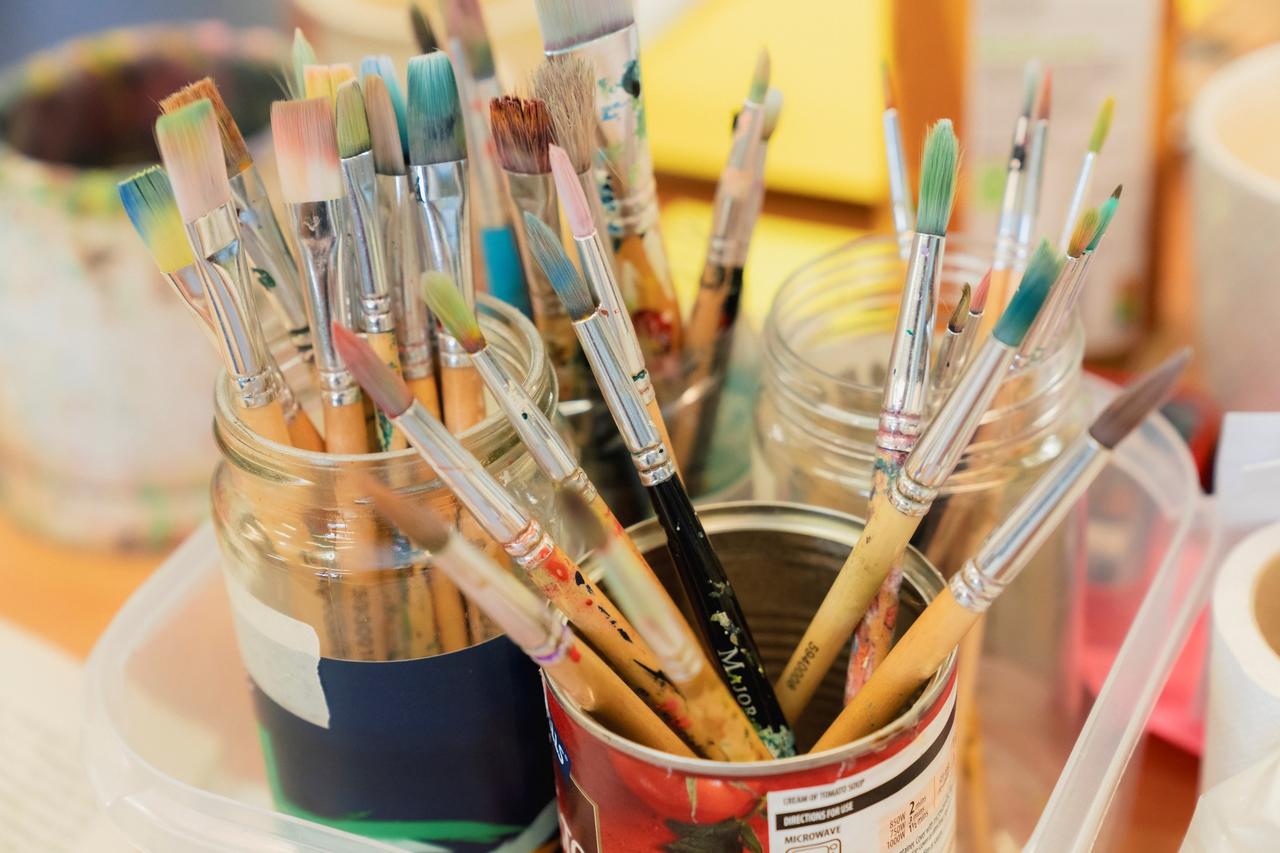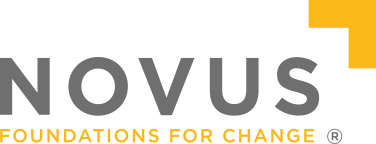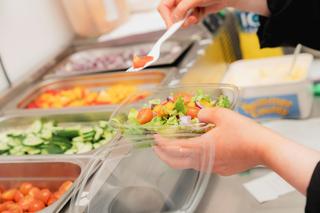The role of creative expression in personal development for learners
Adult Provision Arts & Enrichment

At Novus it is important that we engage learners in our education and enrichment provision so that they can gain the qualifications and skills needed to find employment upon release.
Along with learning essential skills like maths and English, engaging in education can also encourage learners to develop personally and socially, allowing them to develop skills that not only help them find employment upon release but also become well-rounded members of society, ready to give back to the community.
Personal development involves looking inward and finding better ways to Develop. Doing it increases an individual’s self-awareness, self-esteem and fosters a newfound belief in themselves and their abilities. In order for learners to be successfully rehabilitated they need to believe in themselves and their capabilities. Focusing on their personal development can help them to do this and one key way we encourage personal development is through creative expression.
What is creative expression?
Creative expression refers to the ability to convey thoughts, emotions, and ideas through various forms of art and creative outlets such as writing, music, theatre, visual arts and many more.
The role of creative expression in personal development for learners
Creative expression plays an integral role in an individual’s personal and societal development. It enables learners to explore their imagination and creativity, as well as discover new ideas and perspectives.
Many learners have had a negative relationship with education based on earlier school experiences, resulting in them not wanting to engage in education whilst in prison. Through creative expression learners are encouraged to explore our education provision through arts and cultural outlets, allowing us to engage them in education in a way that works for them.
Our creative enrichment provision provides learners with a positive outlet to express their feelings and emotions through various enrichment projects and initiatives. Prison is an environment where learners can be alone with their emotions and have time to reflect on their past and from this, they might need an outlet. By processing any difficult feelings, emotions and experiences through creative expression, learners are given the opportunity to work through their difficulties and ultimately move on from them, helping them to grow as individuals and look to a more positive future.
Through creative expression, learners can explore their own creativity and identity. Participating in cultural programmes can help learners reconnect with their cultural heritage, traditions and identities. It can also provide learners with the opportunity to explore new hobbies and talents that they may never have had the opportunity to do, encouraging learners to invest in themselves and widen their experiences. This sense of belonging and purpose can enhance self-esteem, resilience, and overall mental health.
How can learners access creative enrichment in prison
At Novus, we believe all prisoners have the right to access education, including our creative enrichment provision, which is offered to prisoners of all ages, abilities and backgrounds.
Our creative enrichment provision is integral to our education offer. Our education teams work with a variety of organisations and onsite resources to provide creative enrichment activities for our learners. We work collaboratively with partners across a variety of fields such as drama, art, music, poetry and museums to provide diverse and creative opportunities for learning.
Through approaches like drama classes, book clubs, painting, and music, we provide a softer introduction to education for many learners who can’t be engaged through mainstream education. We also incorporate practical skills such as English in our creative enrichment provision, so that learners are still able to gain the practical skills needed to thrive upon release, but in a creative and positive learning environment.
Through creative expression, learners are given the chance to develop personally, showing them that they are capable of positive change. Our enrichment provision goes beyond engaging learners in education, it can also be used as an outlet for learners to address their past behaviour, take accountability and show them that they can have a positive future upon release from prison, increasing their self-esteem and belief in themselves.
Why can personal development for prisoners be challenging?
Personal development can be a huge challenge for learners, for various reasons.
Isolation and mental health issues
Being in prison can be a very overwhelming and isolating experience especially for learners who struggle with their mental health. Isolation and mental health issues can be a challenge for personal development as learners are unable to access the support and services they need, further cutting themselves off from peers and prison staff.
However, with the right support and guidance prisoners can access the right mental health support. Prison education can also play a role in improving individuals’ mental health as it gives learners structure and a purpose as well as hope for a better future upon release.
Low self-esteem and confidence
Many prisoners have low self-esteem and confidence in themselves and their abilities, making it difficult for them to believe they can change, especially if they have longer sentences.
Inspiring and encouraging learners to make a positive change in their lives isn’t possible unless they believe in themselves and their abilities. Through education, learners not only have the opportunity to develop and obtain qualifications and technical skills but are also able to develop personally and increase their self-esteem and confidence.
If learners, who previously faced barriers to accessing education, are able to engage in prison education as well as gain new skills and qualifications, it will improve their confidence and belief in themselves and show them what they are capable of.
A cycle of reoffending
According to the most up to date Government statistics, the reoffending rate in the UK is 26.5% and over 56% of offenders who are serving sentences of less than 12 months go on to reoffend.
Without the right rehabilitation programmes and support in place, learners will enter a cycle of reoffending. If learners are unable to address the root causes of their criminal behaviour, they won’t be able to grow as individuals or take accountability for their previous actions pushing them further into this never-ending cycle and being unable to make a positive change in their lives.
Whilst in prison, it is crucial that prisoners engage in the rehabilitation programmes available so that they can address the root cause of their behaviours and gain the skills, knowledge and qualifications needed to be successful upon release. Which is why at Novus we try to engage as many learners in education as possible so that they can be successfully rehabilitated and become positive members of society.
How prison education benefits personal development
Education empowers learners to gain the knowledge and skill set needed to lead a productive life upon release, whilst also promoting personal development, self-esteem and self-discipline.
Prison education can unlock an individual’s true potential and show them what they can achieve. However, prison education goes beyond equipping learners with the skills and qualifications needed to thrive upon release, it also fosters personal growth and increased self-esteem.
Inspiring and encouraging learners to make a positive change in their lives isn’t possible until they believe in themselves and their abilities. Through education, learners are able to develop personally and increase their self-esteem and confidence. If learners are shown how they can positively contribute to society through the work they do in education, it will give them a new-found confidence and belief in themselves and their ability to make a positive change in their lives.
To learn more about our creative enrichment provision and how Novus supports creative arts rehabilitation programmes, take a look at the 2024/25 creative enrichment strategy.


